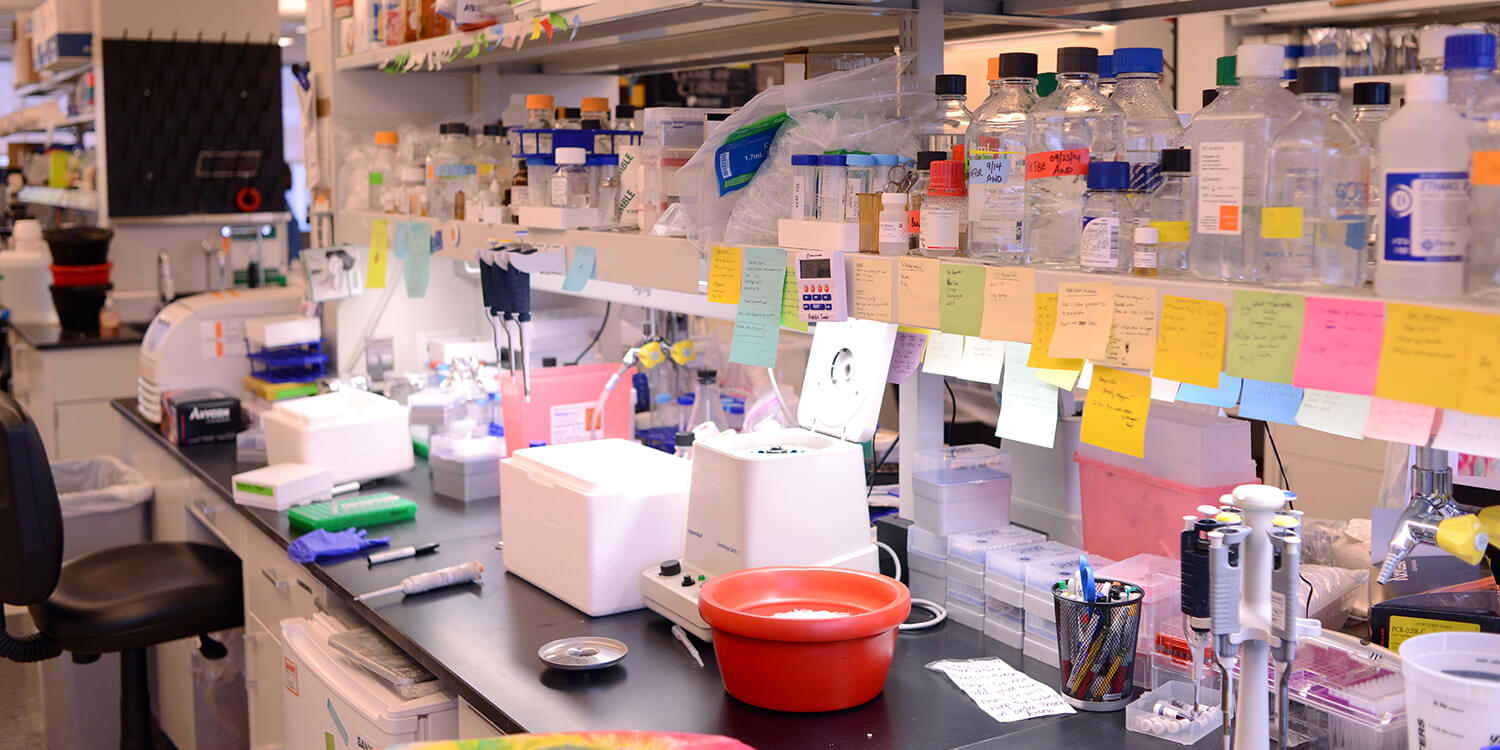Dogs and cats bring joy to our homes, and ensuring their well-being starts with health checks. Veterinary diagnostic services are key components in identifying health issues for household animals.
Throughout this resource, we’ll examine how diagnostic testing supports pet health and show how labs work with vets.
Understanding Pet Diagnostic Centers
Animal health testing facilities support veterinary care for examining samples. They provide critical insights to develop effective treatments.

Typical procedures usually includes:
- Sample collection: Specimens from pets are prepared for analysis.
- Laboratory analysis: Specialized tools and methods provide results.
- Reporting outcomes: Labs share results with veterinarians for effective health management.
Key Diagnostics for Pet Health
Labs provide diverse options for health checks to address medical issues. Common exams include:
- Biochemical screens: Detect anemia or chronic conditions.
- Urinary health exams: Ensure bladder health.
- Fecal analysis: Identify digestive disorders.
- Skin health exams: Improve coat health.
- Radiographic evaluations: Detect tumors or growths.
Why Diagnostic Exams Are Essential
Consistent lab work improves pet care. By addressing concerns promptly, your pets stay healthier longer.

Why diagnostics matter include:
- Better disease management: Vets can tailor treatments.
- Preventative care advantages: Emergency costs are avoided.
- Peace of mind: Manage concerns proactively.
laboratório são camilo veterinária pet
laboratório de análises clínicas veterináriaslaboratorio de exames animais
Why Testing Matters for Dogs and Cats
Veterinary labs provide the foundation for accurate diagnoses. By scheduling routine tests, you support their quality of life.
Make pet health a priority and give your furry friends the best care possible!